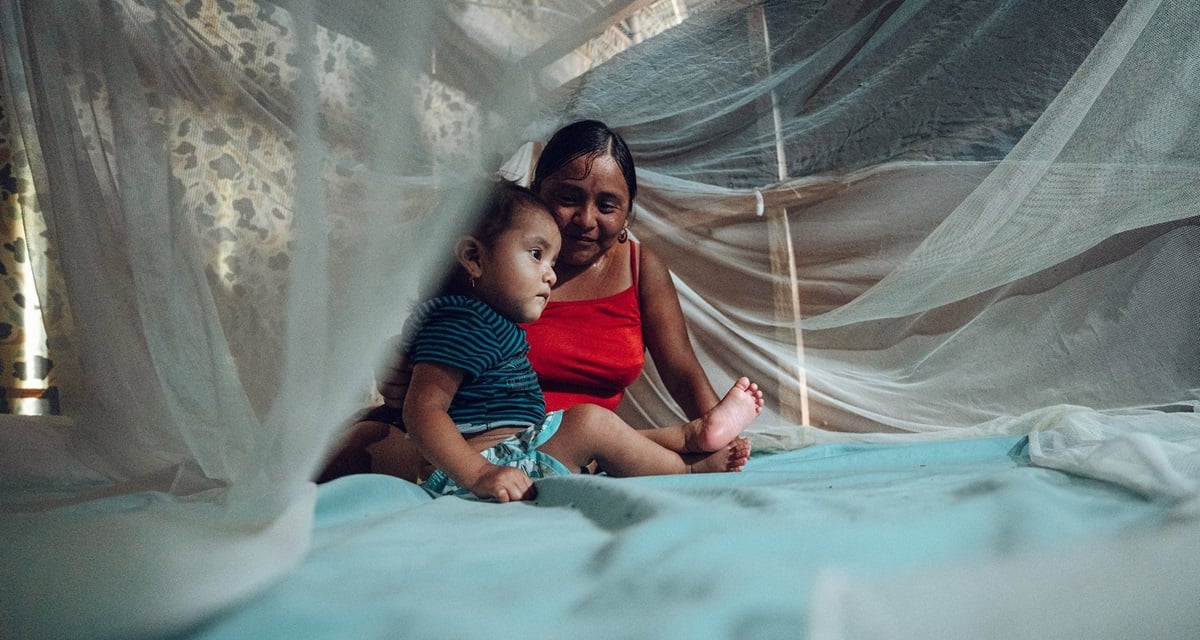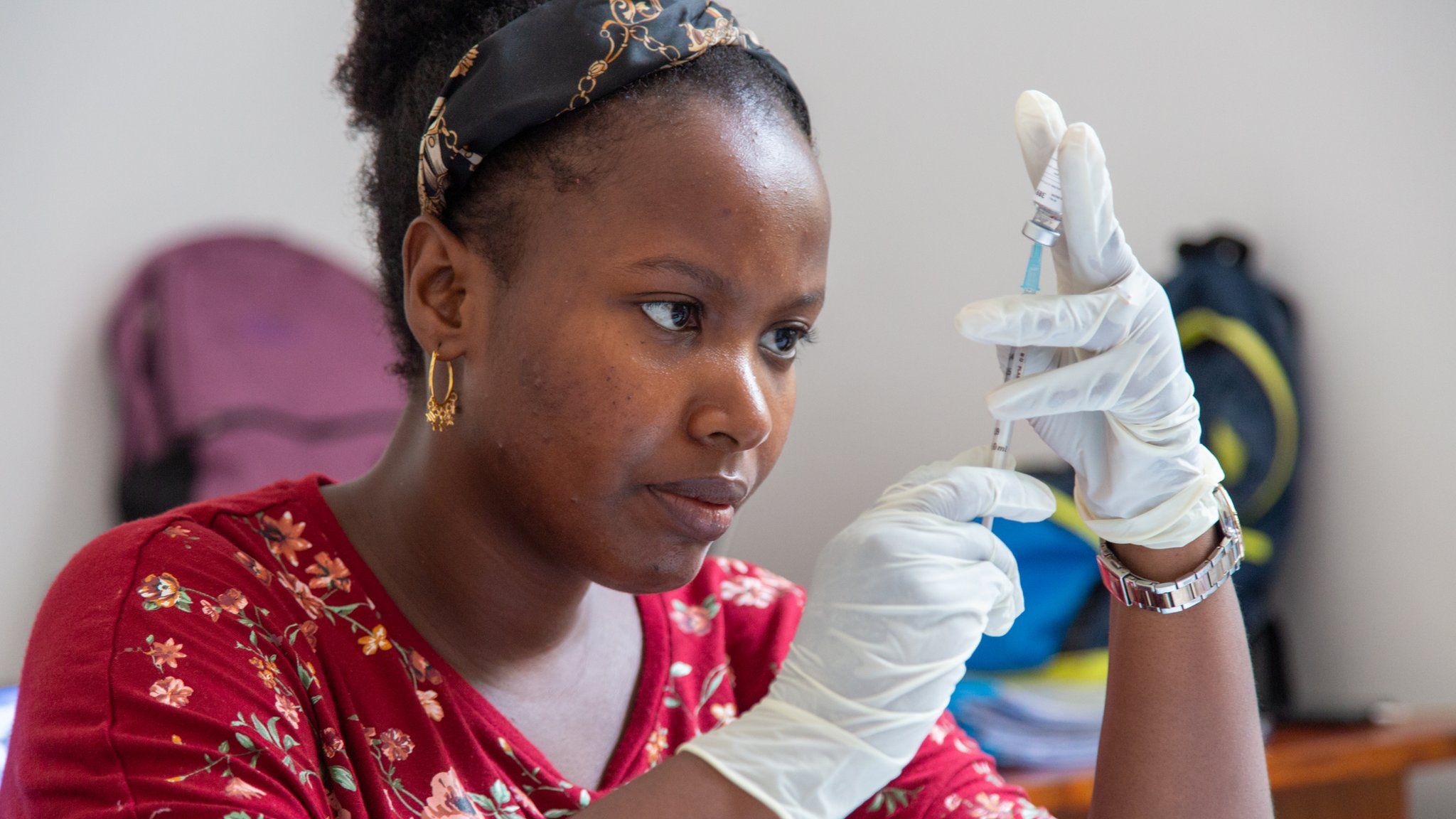The World Health Organization (WHO) has officially declared Belize free of malaria.
According to the WHO, Belize has achieved a remarkable reduction in malaria cases, dropping from 10,000 cases in 1994 to zero indigenous cases by 2019.
This achievement in Belize is seen as a source of encouragement for other countries in the Americas, where malaria remains endemic and a significant public health challenge.
Malaria, which is transmitted to humans by certain species of mosquitoes, can be deadly if not treated promptly.

The WHO commended Belize for prioritizing the fight against malaria, highlighting initiatives such as the distribution of insecticide-treated mosquito nets and promoting indoor insecticide spraying.
Additionally, the WHO recognized the critical role played by trained community health workers in ensuring timely diagnosis and treatment of malaria cases.
A country is certified as malaria-free by the WHO when it demonstrates, through rigorous and credible evidence, that there has been no indigenous transmission of malaria within its borders for at least three consecutive years.
Belize joins the ranks of countries certified malaria-free this year, following Azerbaijan and Tajikistan, making it the third country globally to achieve this status in 2024.
